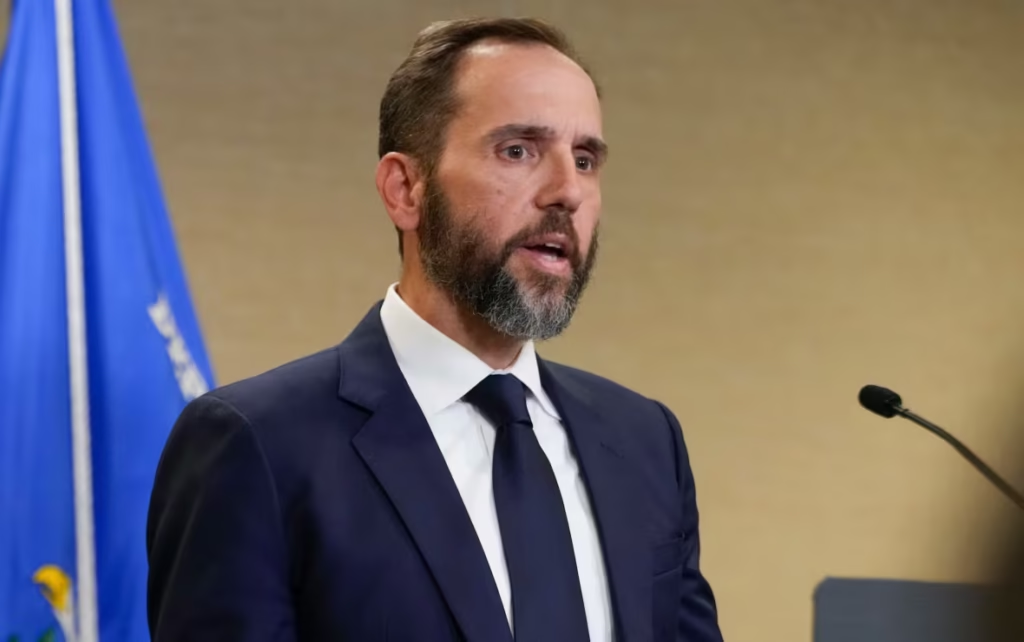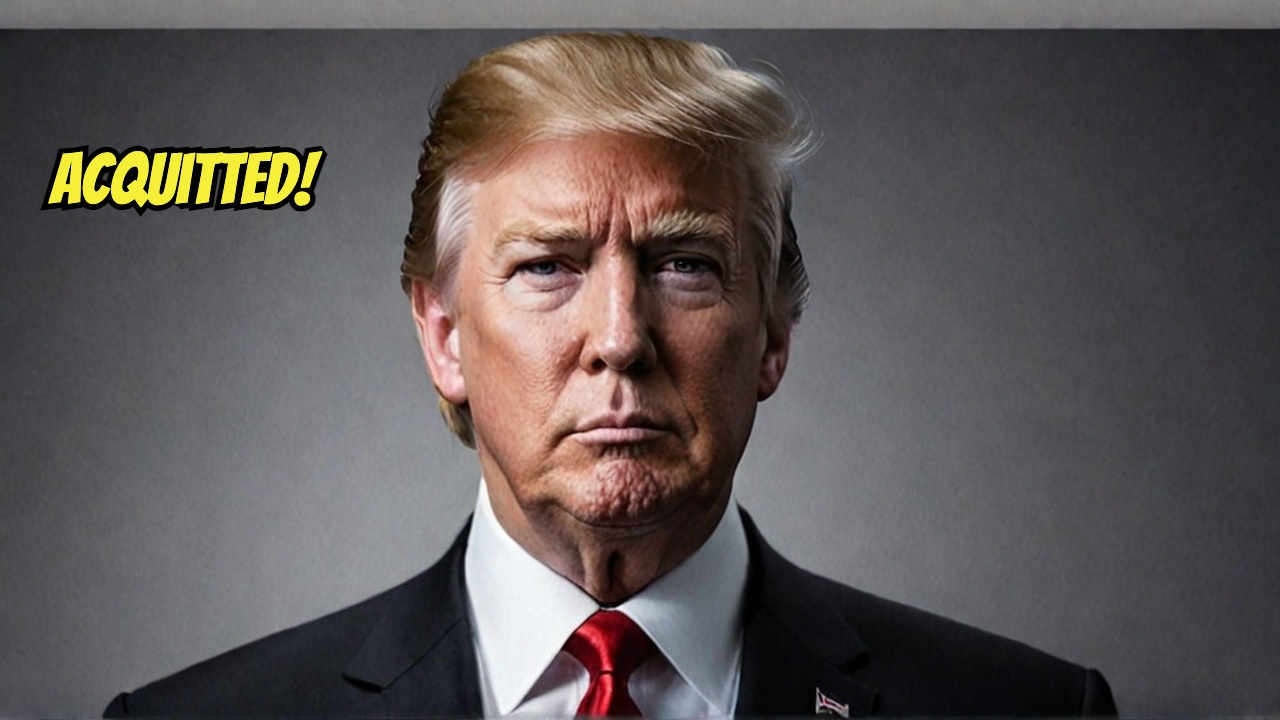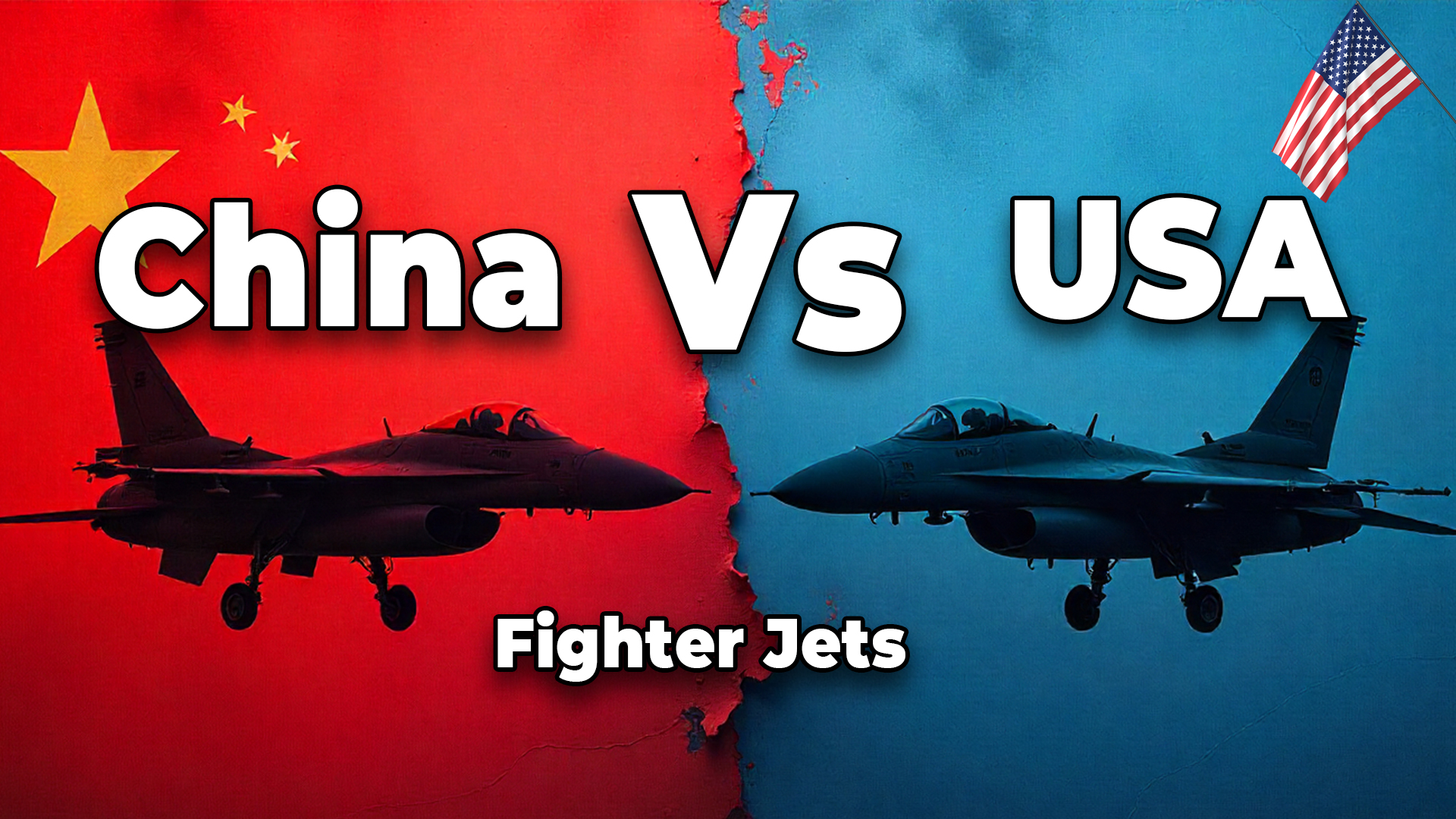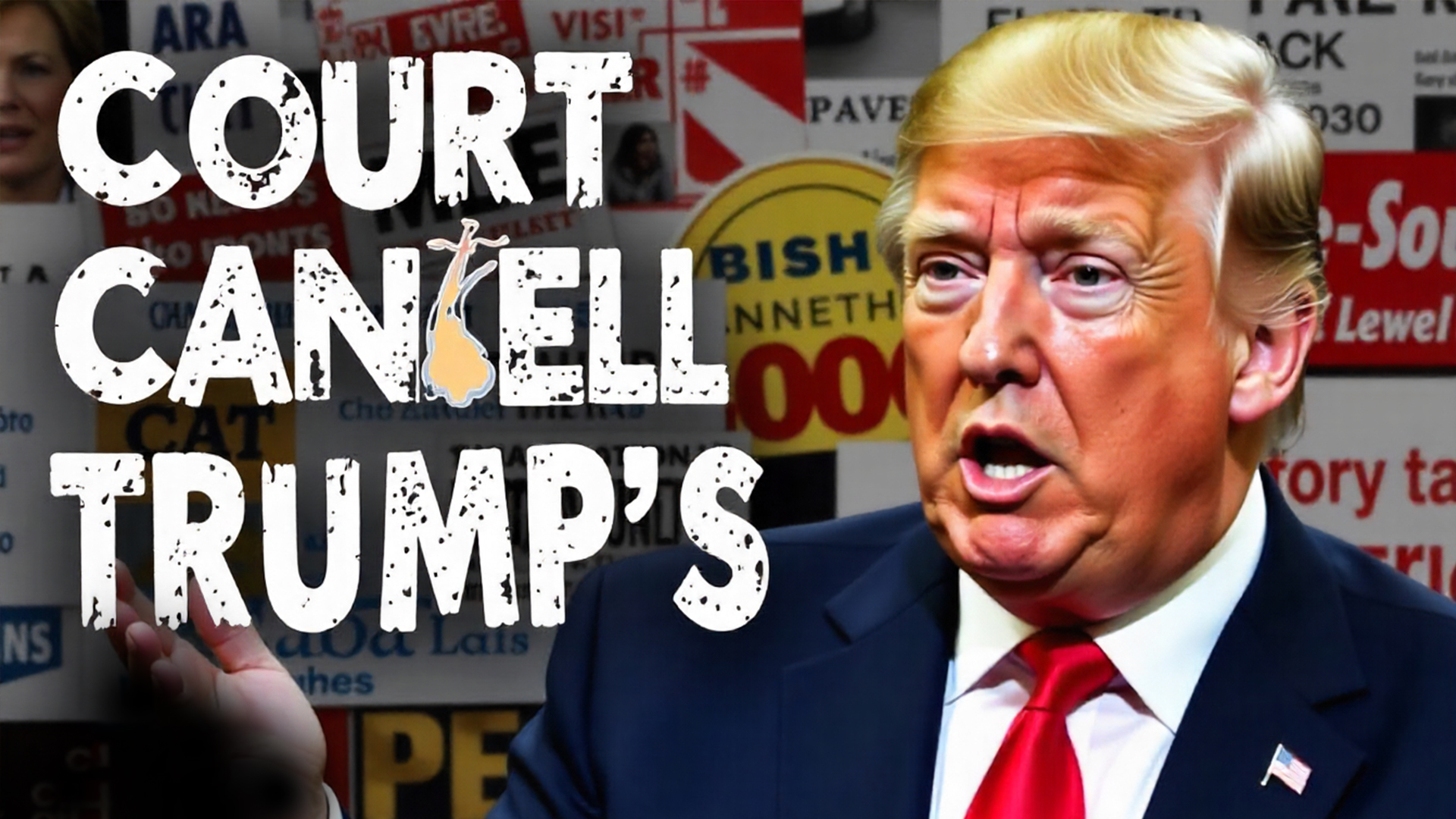TRUMP WINS: Prosecutors Drop Election Interference Case Against Him?
In a historic and highly contentious decision, Special Counsel Jack Smith announced the dismissal of two major criminal cases against President-elect Donald Trump. The move comes as Trump prepares to return to the White House, a reality that legally shields him from federal prosecution during his presidency.
These cases, involving Trump’s retention of classified documents and his alleged attempts to overturn the 2020 election results, had once represented significant legal threats to the former president. However, the U.S. Justice Department’s longstanding policy that sitting presidents cannot face criminal prosecution ultimately made this outcome inevitable.
Will ATACMS Missiles TIP THE SCALE in the Ukraine-Russia War?
Trump’s Victory in the Face of Legal Challenges
Trump’s re-election marks a resounding victory for the president-elect, who faced multiple indictments while campaigning. Legal delays and procedural maneuvering allowed him to push back against the cases long enough to secure a second term in office.
“I persevered, against all odds, and WON,” Trump wrote on his social media platform, Truth Social. He also characterized the cases as “empty and lawless” and criticized them as politically motivated.
Although the dismissal of these charges closes this chapter for now, the judge presiding over the 2020 election case has left room for prosecutors to revisit the charges after Trump’s presidency ends. However, questions about statutes of limitations and Trump’s potential self-pardon could complicate any future attempts to prosecute him.
Legal Grounds for Dismissal
In court filings, Special Counsel Jack Smith’s team emphasized that the decision to abandon these cases was not a reflection on their merits. Instead, it stemmed from the legal protections afforded to a sitting president under the Constitution.
“The Constitution’s prohibition is categorical,” prosecutors stated. They explained that this immunity applies regardless of the severity of the charges or the strength of the evidence.
Smith’s team acknowledged the tension between upholding the rule of law and ensuring that a president can fulfill their constitutional duties without undue interference. Ultimately, they concluded that the cases had to be dismissed before Trump’s inauguration.
While the charges against Trump are dropped, co-defendants in the classified documents case, including his valet Walt Nauta and Mar-a-Lago property manager Carlos De Oliveira, remain under prosecution. No presidential immunity applies to them.

Special counsel Jack Smith speaks in August 2023 about the indictment of Trump. Smith’s decision to dismiss the criminal charges and to abandon the classified documents case against Trump represented the end of the federal effort against him following his election victory earlier this month. (Jacquelyn Martin/The Associated Press)
The Global and Domestic Fallout
The dismissal of these high-profile cases has sparked intense reactions both domestically and internationally. Trump’s supporters view the outcome as vindication against what they have long described as a politically weaponized justice system.
Steven Cheung, Trump’s incoming White House communications director, called for an “immediate end to the political weaponization of our justice system” and expressed optimism about uniting the country.
Critics, however, argue that the outcome undermines accountability, particularly in the case involving classified documents. That case, widely regarded as legally clear-cut, accused Trump of unlawfully retaining sensitive government records at his Mar-a-Lago estate and obstructing federal efforts to recover them.
The delays in this case, largely attributed to procedural rulings by U.S. District Judge Aileen Cannon, allowed Trump to push the trial beyond the election, ultimately rendering the charges moot with his re-election.
The Future of Accountability
While federal prosecutions are off the table for now, Trump may still face legal scrutiny after his second term ends. However, practical challenges such as statutes of limitations and the possibility of self-pardon cast doubt on whether these cases will ever return to court.
For now, Trump’s re-election underscores a profound reality: in the United States, the voters’ verdict often carries more weight than legal accusations against a president. As Trump prepares to lead the country once more, the balance between accountability and constitutional protections remains a contentious and unresolved issue.
The conclusion of these cases marks the end of a significant chapter in American political and legal history, but it also raises pressing questions about how justice applies to those in the highest office.






You actually make it seem really easy along with your presentation however I in finding this matter to be really something that I believe I might never understand. It seems too complicated and very broad for me. I’m looking ahead to your subsequent put up, I’ll attempt to get the grasp of it!
Thank you for sharing your thoughts! 😊 I understand that some topics can feel a bit overwhelming at first, but don’t worry—you’re not alone in this! My goal is to break things down as clearly as possible to make them easier to grasp. If there’s a specific part you’d like more clarification on, feel free to let me know—I’d be happy to help! Stay tuned for the next post; I’m sure you’ll get the hang of it in no time. 💪
You made some nice points there. I did a search on the subject and found most people will go along with with your site.
Thank you for your kind words! I’m glad you found the points helpful. It’s great to hear that others agree as well. I truly appreciate your support and hope you continue to find value here!
Hey! This is my first comment here so I just wanted to give a quick shout out and say I genuinely enjoy reading through your articles. Can you recommend any other blogs/websites/forums that go over the same subjects? Thank you so much!
Hey! 😊 Thanks for your kind words and for taking the time to comment—I really appreciate it!
If you’re looking for similar blogs, websites, or forums that cover topics like news analysis, politics, tech, and global issues, here are a few recommendations:
The Atlantic (theatlantic) – In-depth analysis on politics, global affairs, and culture.
Foreign Affairs (foreignaffairs) – Expert insights on international relations and policy.
Zero Hedge (zerohedge) – Covers finance, geopolitics, and economic trends.
TechCrunch (techcrunch) – For the latest in tech and innovation.
Reddit (reddit) – Subreddits like r/politics, r/geopolitics, and r/worldnews offer great discussions.
If you’re looking for something specific, let me know, and I’ll be happy to recommend more! 🚀😊
Your point of view caught my eye and was very interesting. Thanks. I have a question for you.
Thank you for your sharing. I am worried that I lack creative ideas. It is your article that makes me full of hope. Thank you. But, I have a question, can you help me?